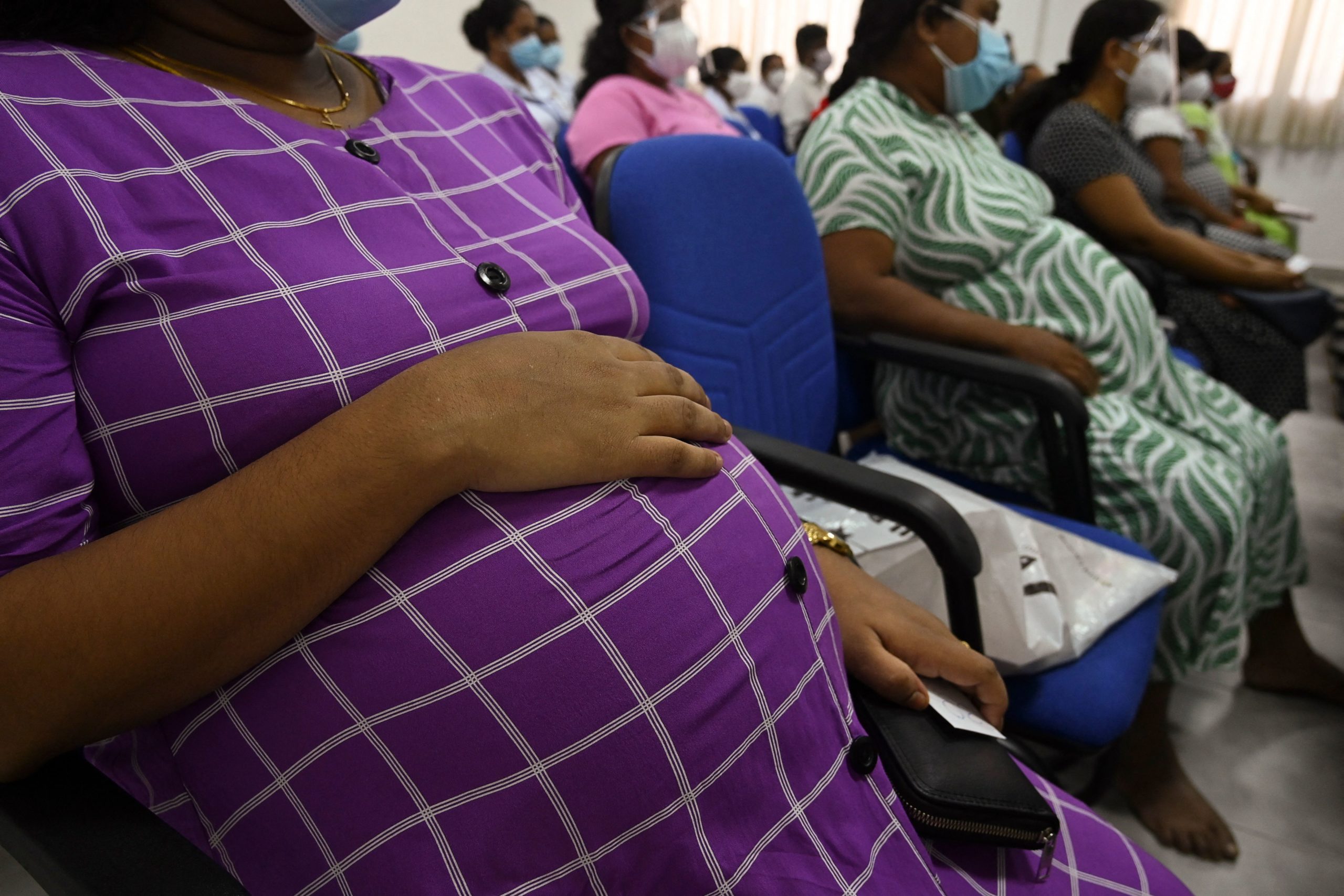If you are pregnant, the greater your chances of being vulnerable to serious Covid-19 illness.
A September 2020 report by the US Centers for Disease Control and Prevention (CDC) stated: “Pregnant women with Covid-19 were found to be more likely to be hospitalized and require ICU admission than non-pregnant women.”
According to South Africa’s Department of Health, pregnancy is a time when the immune system changes so pregnant women “should continue with standard precautionary measures such as avoiding crowded places, limiting the use of public transport where possible, washing their hands regularly with soap and water, and avoiding touching their face”.
Already in Africa, the World Health Organization (WHO) has stated that maternal health – or the health of women during pregnancy, childbirth, and the postpartum period, and their reproductive health – is a human rights issue.
Sandra Orta, General Manager for South Africa & Sub-Saharan Africa at Roche, a global partner in pharmaceuticals and diagnostics, agrees.
Loading...
“Antenatal is not taken seriously enough, and it is a serious problem. However, it is a millennial goal to ensure that there is better access to antenatal care.”
Sandra Orta
Orta says that there are considerable gaps in maternal health interventions like antenatal care. Or the fact that WHO also reported that every day, approximately 830 women die from preventable causes related to pregnancy and childbirth; and 99% of all maternal deaths occur in developing countries.
Maternal mortality is higher in women living in rural areas and among poorer communities.
“The poorer the area, the more the area is affected,” Orta says to FORBES AFRICA. “And now with Covid-19, we don’t have exact numbers because it is still too early but what we have seen is that patients have been going less to see their doctors or having to postpone their appointments because maybe there are restrictions or no public transport.”
And what is also not looked into, Orta adds, is how antenatal care brings emotional support to the mother.
“What we need to remember is knowing that the baby is ok and healthy; that brings you less anxiety and moms need to be supported. Everything that we feel, the baby feels as well.”
The biggest challenge in South Africa, according to Professor Koleka Mlisana, Executive Manager: Academic Affairs, Research and Quality Assurance at the National Health Laboratory Service (NHLS) and also co-chair of the Ministerial Advisory Committee (MAC), is that there is no data that specifically looks at pregnant women.
“So the burden of Covid-19 among pregnant women would just come from admission surveillance work that is done by the NICD (The National Institute for Communicable Diseases),” Mlisana said, in an interview with FORBES AFRICA in June.
“There is a serious lack of data because we don’t know how many pregnant women we have in [the] country at any point of time.”
“That is a sign that there is no good or not enough antenatal care,” Orta adds, “Antenatal is not taken seriously enough, and it is a serious problem. However, it is a millennial goal to ensure that there is better access to antenatal care.”
But the data that is available point to the fact that 10% of Covid cases are made up of pregnant women.
“What surveillance work is showing is that pregnant women have a higher risk of hospitalization compared to [other] women, even though they are in hospital.”
In South Africa’s initial vaccine rollout phase, only pregnant women with comorbidities or at higher risk of infection could receive Covid-19 vaccinations, but now, with vaccines encompassing the younger generation, women of childbearing age are all included.
“Women are key pillars for our communities, for families and it is very important that we look after them,” Orta says.
Loading...
